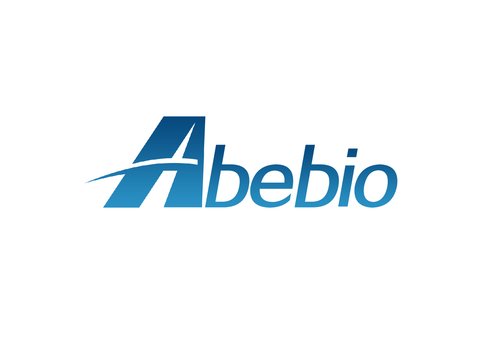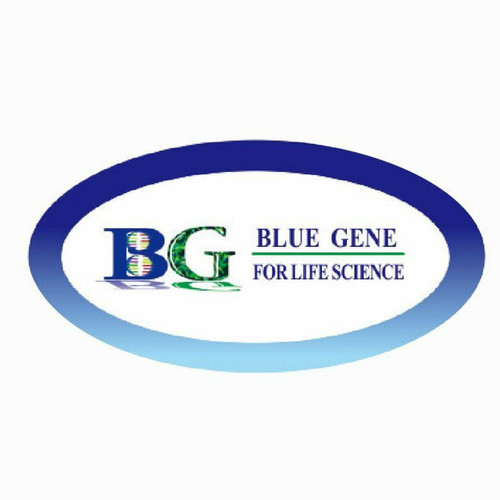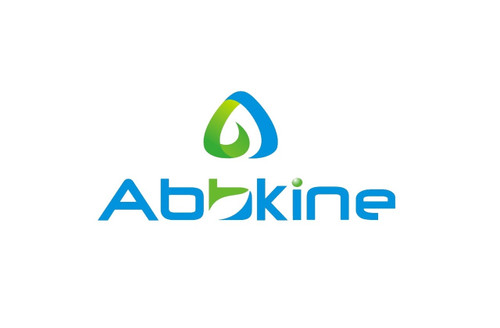Product Description
Human Anti-Follicle-Stimulating Hormone Antibody (Anti-FSH-Ab) ELISA Kit | AE62264HU | Abebio
Species Reactivity: Human (Homo sapiens)
Abbreviation: Anti-FSH-Ab
Alternative Name: N/A
Application: ELISA
Range: 0.78-50 mIU/mL
Sensitivity: 0.32 mIU/mL
Intra-Assay: ≤4.6%
Inter-Assay: ≤7.8%
Recovery: 0, 89
Sample Type: Serum, Plasma, Other biological fluids
Detection Method: Sandwich
Analysis Method : Qualitative
Test Principale: This assay employs a two-site sandwich ELISA to quantitate Anti-FSH-Ab in samples. An antibody specific for Anti-FSH-Ab has been pre-coated onto a microplate. Standards and samples are pipetted into the wells and anyAnti-FSH-Ab present is bound by the immobilized antibody. After removing any unbound substances, a biotin-conjugated antibody specific for Anti-FSH-Ab is added to the wells. After washing, Streptavidin conjugated Horseradish Peroxidase (HRP) is added to the wells. Following a wash to remove any unbound avidin-enzyme reagent, a substrate solution is added to the wells and color develops in proportion to the amount of Anti-FSH-Ab bound in the initial step. The color development is stopped and the intensity of the color is measured.
Product Overview: Follicle stimulating hormone (FSH) is a hormone synthesised and secreted by gonadotropes in the anterior pituitary gland. In the ovary FSH stimulates the growth of immature Graafian follicles to maturation. FSH is a glycoprotein secreted by the basophil cells of the anterior pituitary. Gonadotropin-releasing hormone (GnRH), produced in the hypothalamus, controls the release of FSH from the anterior pituitary. Like other glycoproteins, such as LH, TSH, and HCG, FSH consists of subunits designated as alpha and beta. Hormones of this type have alpha subunits that are very similar in structure; therefore the biological and immunological properties of each hormone are dependent on the unique beta subunit. In the female, FSH stimulates the growth and maturation of ovarian follicles by acting directly on the receptors located on the granulosa cells; follicular steroidogenesis is promoted and LH production is stimulated.
Stability: The stability of ELISA kit is determined by the loss rate of activity. The loss rate of this kit is less than 5% within the expiration date under appropriate storage condition. The loss rate was determined by accelerated thermal degradation test. Keep the kit at 37°C for 4 and 7 days, and compare O.D.values of the kit kept at 37°C with that of at recommended temperature. (referring from China Biological Products Standard, which was calculated by the Arrhenius equation. For ELISA kit, 4 days storage at 37°C can be considered as 6 months at 2 - 8°C, which means 7 days at 37°C equaling 12 months at 2 - 8°C) .
 Euro
Euro
 USD
USD
 British Pound
British Pound
 NULL
NULL








